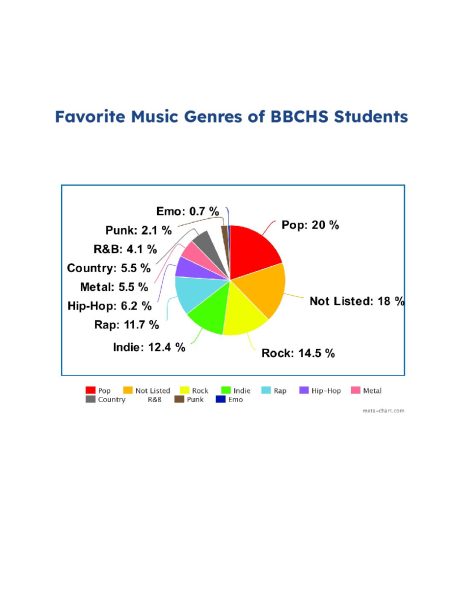Gender Expectations Complicate Changing Realities
The 21st Century is a generation of change, or at least the start of it. As years go on, many are becoming more in tune with faults in gender normalities, and in what society deems socially acceptable for men and women. Trying to change these previously curated cultural narratives and trying to explain that times have changed and the world has different needs now can be a daunting task. Clothes don’t belong to a specific gender, and wearing your hair a certain way doesn’t particularly make you “feminine” or “masculine.” Jobs don’t have to be for one specific gender, and neither does anything else. The reality is that gender norms have become mostly unrealistic for everyone.
Looking back, much of society was built on patriarchal beliefs that have led us to believe that men are made to be strong and in control, whereas women are meant to be quiet, obedient, and empathetic. It has everything to do with the way society thinks and what is expected of our generation nowadays. This is the root of everyone believing you have to dress a certain way to a part of a specific gender, or that someone deserves to be treated a certain way because of how they choose to express themselves.
Today’s young people hold strong opinions and views on the issue of gender expectations and how they choose to represent themselves as individuals. When discussing clothes being assigned gender, it becomes a bit controversial to some. This generation is becoming big on expression and learning to be comfortable with themselves. Some people believe it’s unladylike or not manly enough, but according to BBCHS senior Yoely Dominguez, “they (clothes) don’t represent your identity at all, but they express your personality.”
In a healthy society a man should be able to wear a dress and not be forced to feel feminine because of a piece of fabric. He’s just as much of a man as the next person. A woman should be able to wear baggy clothes or fitted caps without being told they’re dressing like a boy. All clothes are manufactured in the same factories, they go to the same store, and they do what clothes are meant to. It’s fine to have a fluid sense of style. Suppressing the desire to dress in what makes one confident and comfortable can cause people to feel as though they are pushed into a box. That they are being punished for simply being themselves. And if we don’t get rid of these boxes, none of us will ever really be equal. Men wearing nail polish, women getting buzz cuts: these are choices that should be accepted for anyone.
Another example would be the body shaming that again goes along with clothing choice, especially for young women. Being told that you shouldn’t wear certain clothes because you weigh more than the mannequin in the store who had it on is so damaging to people’s sense of self worth and can be the beginning of body-image issues. No one should have to step on a scale to be able to wear certain pieces and be comfortable within their own body.
In becoming young adults, people try to create some form of social identity, and it’s important to redefine what it means to be a man or a woman. Gender norms have such a wide spectrum. From double-standard dress-code restrictions to some job application processes, these outdated gender expectations can adversely affect the education and employment systems. No one should have to limit themselves and their creativity because “it’s for women” or because “it’s for men.” As senior Will Roney points out, “A woman is just as capable of sacrificing and providing for a family as a man is. A man is just as capable of being empathetic and keeping a household under control as a woman is.”
Some people don’t understand how detrimental these gender-rooted assumptions can be and how fast they can cause mental health rates to decline. Forcing people to feel as if they aren’t good enough and never will be because they will can’t meet the unattainable standards that are being dangled above their heads can be very harmful. These ancient gender norms can cause deterioration of mental health, and the world will continue to move two steps back because of it. If this generation wants to truly make the world a better place, it can start by accepting and embracing the way individuals choose to express themselves, free from outdated ideas about gender conformity.

